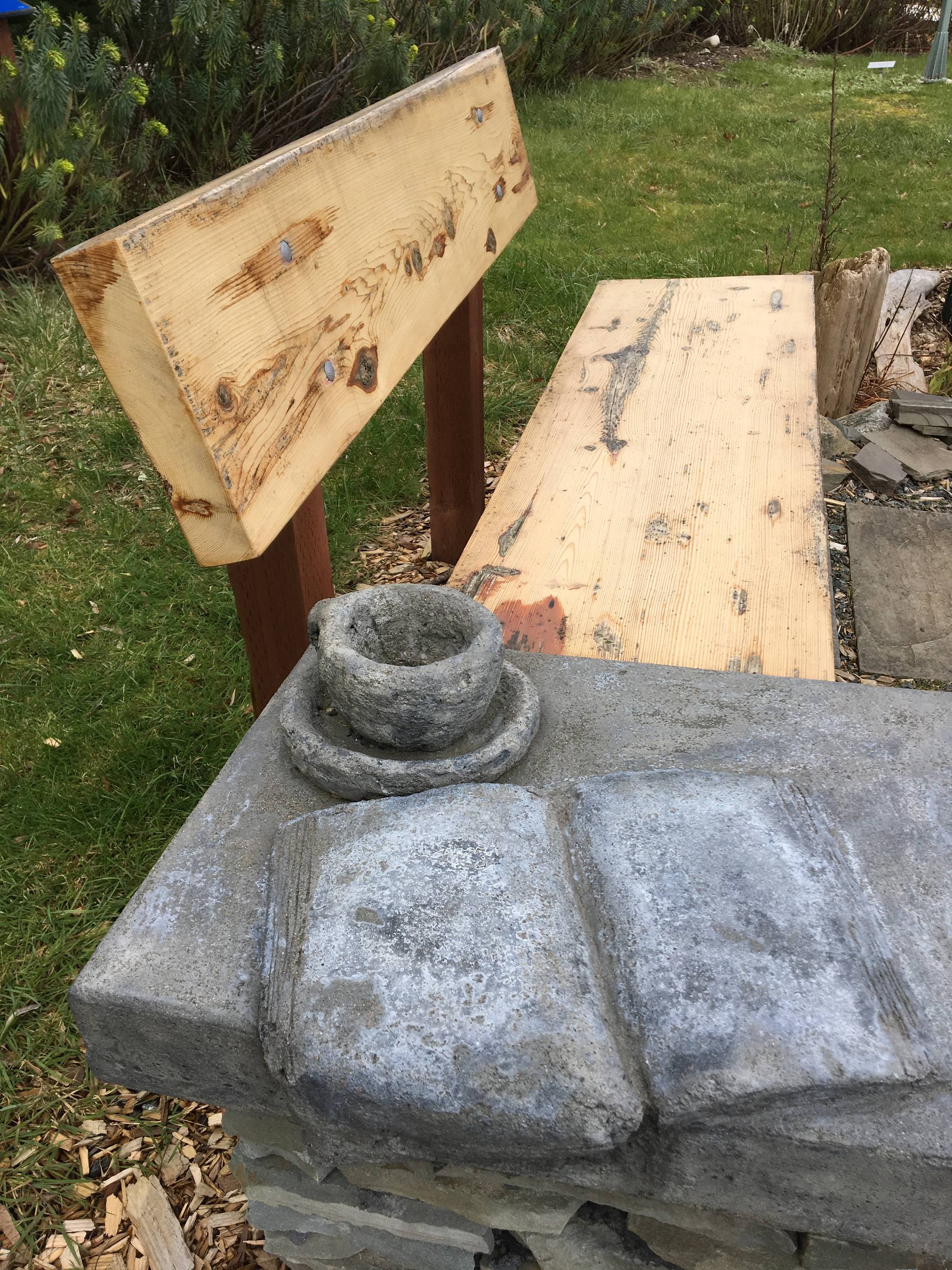By Kimberly Mayer
A bench. A book. A cup of tea or coffee, and there you go. It’s been true since time as we know it. Indeed, it may be the one true thing. Yet the gray-green of winter still lingered in March. Winds had not yet subsided, and slapped with exceptionally cold temps, we were looking to do things indoors.
When we lived in the city, we frequented the theater. Now on the island, it is events like the Annual Rotary Spelling Bee that have us in the audience at the San Juan Community Theatre on a Thursday afternoon. Attending is a way of coming to know some of the children, fourth through eighth grade, growing up amongst us.
You know the drill: a word is pronounced, used in a sentence and repeated. If requested, a definition of the word is also provided. The contestant is now on her own to repeat the word, spell it letter by letter into the air loud and clear, and state the word once again. Then sit back down or leave the stage.
Here the mic had to be lowered and raised as much as two feet with the varying heights. After every successful round, a couple girlfriends seated side by side exchanged hugs. One girl’s large “sneakered” feet pigeon-toed as she concentrated on each word on stage. And when it was his turn, a boy in big glasses spelled out letters with his fingers on his arm. In the end, an extraordinarily poised girl, her shoulders wrapped in a shawl, took home the grand prize.
I have to hand it to them all. This is a generation that grew up with Google and spell check, and may not have ever looked up a word in their life. I may be wrong, but it seems to me that all the learning happened in those steps to the dictionary, and then in locating the word within that vast book, which could take some time. One almost needed to know how to spell it to find it.
“That’s a good question, you should look it up,” rings as a parental refrain from my childhood. And to make it easy, the den was equipped with dictionaries, World Book Encyclopedia and yearbooks to keep us all up to date.
One grandmother, a former teacher, corrected our letters from camp with a red pen – the spelling, most likely – and sent them back to us. I didn’t mind. English is not an easy language, and we were expected to struggle with it. In my own home as our daughters were growing up, a dictionary stand occupied a corner of the dining room. That was where they did their homework, and it was at meals that words frequently came up and were discussed. I know this sounds as old-fashioned as parlor games, but people were not individually armed with smartphones in those days.
One thing is for certain today, these spelling bee students must be readers. That, I’ve decided, is how they know their words. Bravo.



